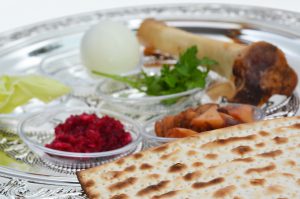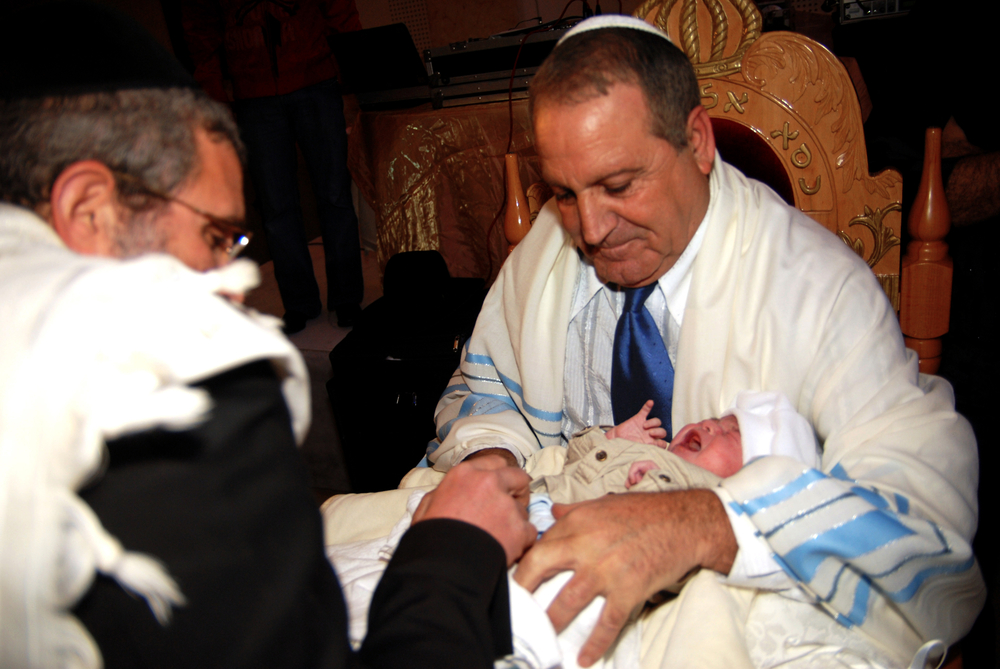Why is it that many Orthodox Jews do not honor
Yom HaShoah? Don’t they care about the six million?
Rabbi Chaim Mintz responds:
Of course we mourn the six million. However, without a Sanhedrin — the central high court — we do not have authority to add new days of observance to the calendar. Since we cannot add to the Jewish calendar, we mourn them on Tishah B’Av instead.
The Simple Explanation
On a simple level we need special halachic authority to add to the calendar because there is great danger that different sects — with their various agendas — will each add their own days of observance. The Jewish nation would no longer operate with one unified calendar,
causing a great deal of confusion.
The Deeper Explanation
But there is a much more fundamental reason for not adding any special days to the calendar. We have many festivals in the Torah commemorating different events, such as Pesach, when we remember that Hashem took us out of Egypt. These are nfot mere days of memorial, but days when Hashem is more accessible to us, and when we are given the opportunity to grow closer to Him and receive an abundance of Heavenly blessing. Every year as we celebrate Pesach and remember our redemption from Egypt, we relive and revive this Exodus, which will help take us out of our current exile.
This is the case not only for Scriptural festivals — such as Shabbos and Pesach, it is even true for rabbinic festivals — such as Chanukah and Purim. The High Court had the sole power to institute a festival that would be accepted in Heaven for all generations. These auspicious days have the potential to bring us closer to Hashem, and by observing them we can merit the same Heavenly blessings as on scriptural festivals.
Consent from Heaven
I heard a beautiful insight from my illustrious rebbi, Rav Ruderman, Rosh Yeshivah of Ner Yisroel of Baltimore, which brings out this point. Megillas Esther states, “kee’ye’mu v’kiblu — they instituted and they accepted.” The Talmud (Megillah 7a) explains the double expression, “they instituted and they accepted,” to mean that they — in this world — instituted the festival of Purim, and they — in Heaven — acquiesced. What is the meaning of having a festival accepted in Heaven? This means that Purim was accepted in Heaven as an official festival, infused with holiness for all generations, just as a biblical festival.
The same is true with days on which we commemorate tragic events, such as the Holocaust. They are not meant to simply recall the unpleasant times in our history, but as auspicious occasions in Heaven, for all generations to fast and repent, thereby coming closer to Hashem. This is why even Tishah B’Av, a rabbinic fast day, is referred to as a mo’ed, a day when we “meet up” with Hashem. Only giants of the early generations — great and righteous men, endowed with Divine Inspiration — had the power to institute such days. Anyone not of that caliber lacks the power to institute a day that carries any weight and is accepted in Heaven.
Tisha B’Av – National Day of Mourning
For this reason, Tishah B’Av has always been designated as the national day of mourning for all tragedies that have befallen our nation since our exile began. This day marks the destruction of both Holy Temples and the beginning of our long exile, and is in effect the root of all our tragedies and suffering. The Kinnos (Lamentations) we recite memorialize the many tragedies we have experienced throughout our history. None of these tragedies would have occurred
if we had remained in our Land under the protection of the Divine Presence.
Not how could it have happened, but how can we rebuild?
This is why the day to focus on the Holocaust, or any acts of anti-Semitism that continue to this day, is Tishah B’Av. It’s a day for mourning and lamentations, but also a day for growth. The Jewish response is not “Never Again!” or “How could this have happened to us?” but rather, “What can we do to become better, to treat each other with more respect and compassion, to come closer to Hashem and His Torah?” This is what will bring Mashiach, the only true way
to end our troubles.
You should also realize that it is the Torah-true Jews who are truly doing their fair share to eternalize those who perished. They are the ones who are rebuilding, bringing back, as much as possible, that which was lost.
There were two primary losses during that time. Number one, of course, was the great loss of life — the six million. The Orthodox community is doing their part in rebuilding, by having large families that they raise to be Torah observant, filling the monumental vacuum of human life that was lost. The second loss was the Jewish heritage. Many great Torah scholars were wiped out, along with great centers of Torah learning. To fill this void, Jewish schools, as well as all sorts
of learning programs, are springing up all over the world, educating Jewish children and adults en masse.
These are the main aspects on which we must concentrate if we wish to rebuild the Jewish nation. It is not the museums and days of commemorating the Holocaust that will accomplish this, but the rebirth and renaissance of Torah Judaism.
This question and answer session is taken from Oorah’s Ask the Rabbi book by Rabbi Chaim Mintz, published by ArtScroll.


